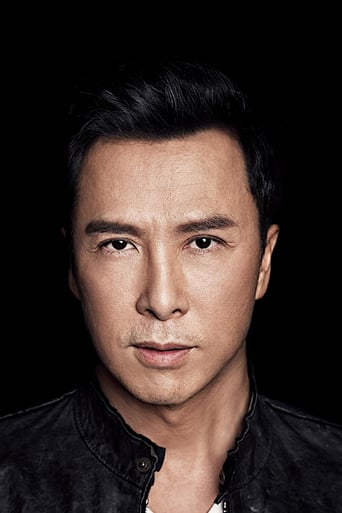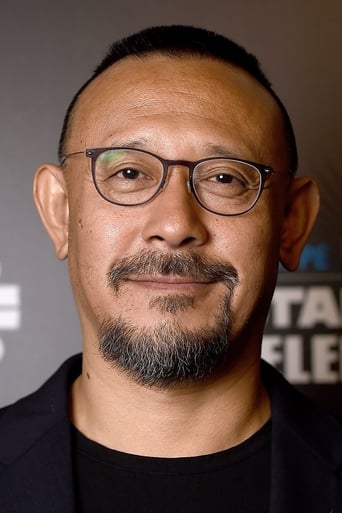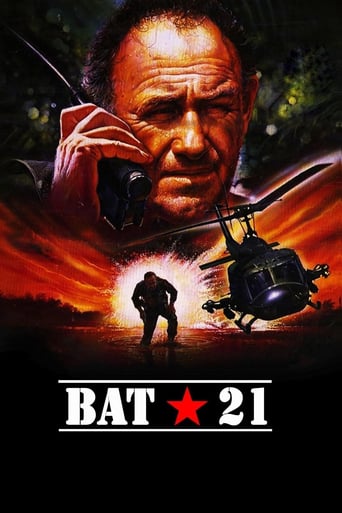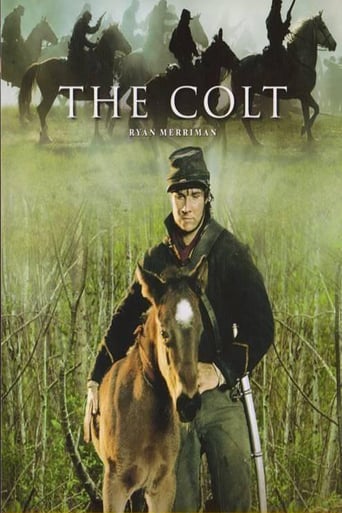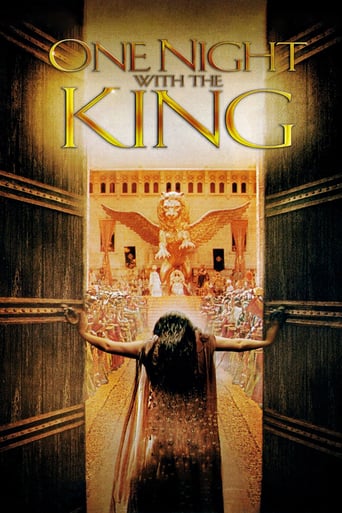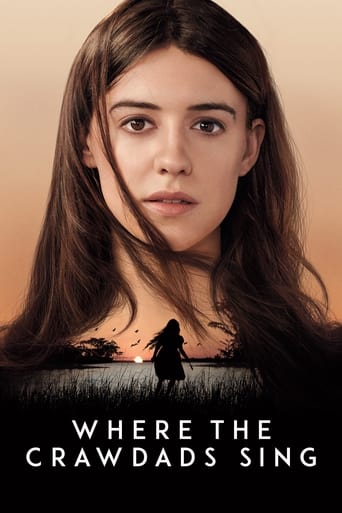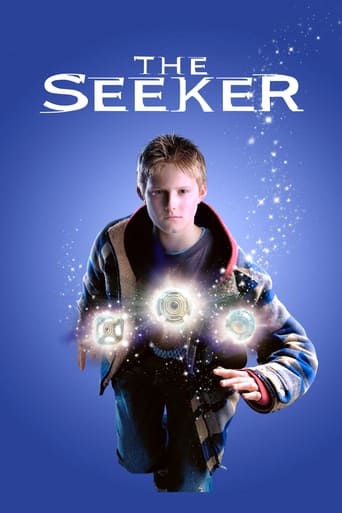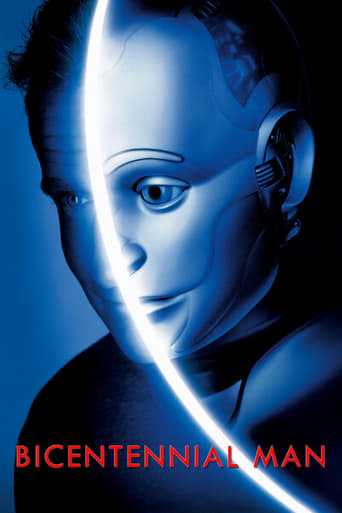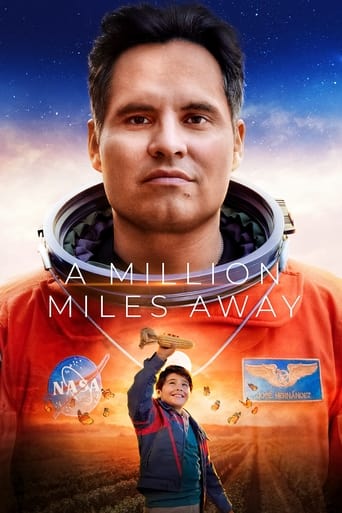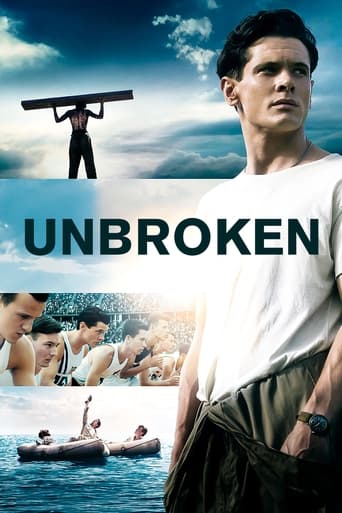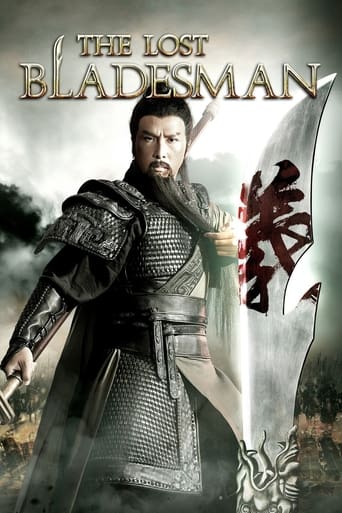
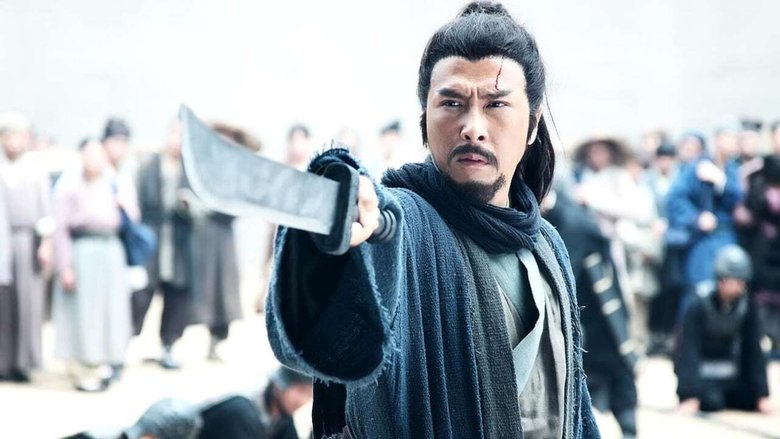
The Lost Bladesman (2011)
During the warring period of the three kingdoms, ancient China is in turmoil. To unify the country, general Cao Cao, the real power behind the Emperor, enlists the aid of the greatest warrior in the land, Guan Yu. However, Guan Yu is a loyal friend of Cao Cao's enemy Liu Bei so to persuade the peerless warrior to fight, Cao Cao takes his beloved Qi Lan hostage. After leading Cao Cao's forces to victory Guan Yu sets out with Qi Lan to rejoin Liu Bei. Now Cao Cao has deemed him too great a threat to live, and on the journey he must face all the forces at the Emperor's command sent to destroy him.
Watch Trailer
Cast


Similar titles
Reviews
Donnie Yen is really good at Martial Arts, but you already knew that. Some don't think he's a very good actor though. But the role he has on hand here, is really serving him good. He plays a loner and that suits him very well. The action scenes are phenomenal as expected and the story is good enough (while you could argue there is too much kitsch in it, I think it's the right amount).It's not a masterpiece, but I think it's a good movie overall, with great story points and turns that while you might expect them, they still come down crashing on you. What's also true, the movie does not loose much on a second viewing. I even liked it better the second time around, because I knew where it was heading and could see small touches in between the settings.
The Lost Bladesman may be marketed as an epic Chinese martial arts blockbuster with Donnie Yen (Ip Man (2008); Ip Man 2 (2010)) heading the cast as well as taking on the role of action choreographer, but there is nothing epic about it, that is if one is talking about the narrative scope of the film. Directed and written by Felix Chong and Alan Mak, the duo that was responsible for the success of the Infernal Affairs trilogy (2002, 2003, 2003), The Lost Bladesman may attract action fans on the basis of their perceived prediction of enjoying a spectacle of dazzling swordfights and quick fistfights. Action fans will not leave disappointed because there are scenes that pit Yen against a horde of sword-wielding aggressors, just as there are scenes of him fighting a fast-and-furious one-on-one battle with a persistent enemy. In one action sequence, the directors are smart to conceal the action behind closed doors. We can't see what the hell is happening, but we know it's hell inside because the whishing sounds of blades slicing through the air are accompanied by loud cries and helpless yells. Someone's head then crashes through the door, leaving a hole in which the camera slowly moves towards. As the camera peeks into that hole, we see a last man standing. That man, of course, is Yen who plays Guan Yu, a famous character in the popular Chinese novel Romance of the Three Kingdoms, who is a sworn brother of Liu Bei. Liu Bei has insignificant screen time here as the focus is on Guan Yu and his relationship with Qi Lan (Betty Sun), whom he likes and seeks to protect, and with Cao Cao (Jiang Wen), the evil tyrant who is the power behind China's emperor. The Lost Bladesman is not only a more intimate portrayal of Guan Yu, but it also takes a more revisionist approach to developing his character, with a number of scenes depicting his psychological state. Yen's acting fits Guan Yu's dogged determination and resoluteness in the face of life-and-death situations, though in comparison to Jiang Wen's excellent performance, it remains weak. The Lost Bladesman does not reach the dramatic heights of John Woo's Red Cliff (2008, 2009), but it offers a refreshing way to characterize (and not caricaturize) heroes. After all, no matter how fictionalized or mythical these characters now are, they were once flawed humans battling their inner demons and conflicting desires. The Lost Bladesman is not a must-watch, though it will certainly appease action fans, and give others some food for thought. GRADE: B- (7/10 or 3 stars)
TFor starters, Donnie Yen as Guan Yu certainly raised a few eyebrows, although you realize the filmmakers may have wanted to break conventions. I can live with that, having Guan Yu more of Donnie's physical stature, although traded off with being a little bit more nimble. While Yen's portrayal of Guan's fighting prowess is excellent par none, with the actor also taking up action choreography responsibilities, his dramatic range is undoubtedly hampered, nary breaking into a smile (which is a good thing after that very smiley performance in All's Wel, Ends Well 2011). Thankfully this got compensated by the presence of Jiang Wen as Cao Cao, adding much needed gravitas to a role that Jiang excelled in making Cao both a hero and a villain, who on the outside does and makes everything fine and dandy for Guan Yu, but harbouring deep evil beneath the facade that we see behind closed doors amongst his most loyal of generals.And given that the set action sequences are spaced far apart, it is Jiang Wen who prevented the film from sagging in its middle act, as we see Cao Cao's dogged pursuit to build camaraderie with Guan Yu, and wonders just what it takes to have men of quality joining his ambition to rule all of China. Meanwhile we have a romantic interlude that deals with Guan Yu's infatuation with Qi Lan (Sun Li) the woman he loves but cannot woo because she is betrothed to Liu Bei. While this was inserted to show how Guan Yu is a man who sacrifices personal happiness for others, what with his saving of her skin a number of times and with his escorting her back to Liu Bei's camp, this was perhaps the weakest link in the story given Yen's unconvincing performance, and Sun Li's role being nothing more than decorative and a pretty face to build on the temptation factor.But the second half picked up from where the first scene left off, with large action pieces to thrill audiences with Guan Yu in full battle, despite not having his famed Green Dragon Crescent Blade with him, nor the story of the Red Hare steed incorporated, which would be a nice touch to build on established mythos. Yen shows why he still has it in him as a top notch action star and choreographer with a variety of fighting styles and mano a mano battles against opponents hell bent on slaying his Guan Yu to gain instant recognizing and fame. The characters Guan Yu come up against are adapted from the infamous Five Passes Crossing, which happened because of Cao Cao's instruction to go against his own word, or that of his subordinates' defiance of orders (which is why Jiang Wen is best here as an astute politician presented with a dilemma with trying to please one man at the risk of losing loyalties of the others), and becomes almost like a computer game with the clearing of one boss level after another.There's Kong Xiu (Andy On) refusal of safe passage resulting in a fight within a constricted passageway getting in the way of weapons in full swing (sort of reminiscing Yen's swordplay in Tsui Hark's Seven Swords), Han Fu's betrayal and his poisoned dart episode, Bian Xi's ambush with hundreds within a temple, and the governor Wang Zhi's fight with Guan Yu in a snow covered landscape, which is probably the best amongst them all despite losing plenty of backstory that builds up to the fight. Come to think of it, there was a conscious drop of background to how Guan Yu got to each stage which removes plenty of drama, and made it really look like Guan Yu going on a rampage to rid all who stood in his way. The cinematography also was found to be left very much wanting with one extended fight sequence shot very much in the dark so much so that you can hardly see anything, except knowing that Guan Yu is dispatching a lot of goons repeatedly, and Bian Xi's episode was also quite the let down in a cheat sheet of shots, stylistically quite innovative, but with doors closed and plenty of noise coming from within before revealing the obvious winner, you would have hoped the camera was placed on the other side instead. Perhaps it will be there as a deleted scene in the DVD. And while I mentioned this isn't your usual gigantic Guan Yu, Donnie Yen's fight choreography may have confused him with Chen Zhen which Donnie also played in The Legend of the Fist (directed by Andrew Lau), having Guan execute dexterous moves as seen in that film running around in a circle and dodging arrows which seemed to have been fired from a machine gun. I'm all for reinterpretation, but adopting something so recent from one's own film (perhaps he really liked those moves to repeat them here again), is shortchanging fans and audiences, coming so recent.Romance of the Three Kingdoms cannot possibly be made into a one off feature film, but it contains a lot of stories and characters that serve as a wealth of resource material to tap upon for translation to the big screen. This probably isn't the best and won't be the last of the lot, and despite its flaws, still managed to turn in some pure entertainment, although with the pedigree of talent involved, one can be forgiven to have expected a lot more.
It took these people quite a while, didn't it? Who else did they think could don that imposing armour, wield that threatening blade and still exhibit grace and agility? Who else did they think could command enough screen presence to sport a scholarly moustache and beard? And who else did they think could take on the role of real life Han dynasty general Guan Yu who personifies courage and righteousness? The perfect candidate is none other than Hong Kong action superstar Donnie Yen, of course. After a decent success that was Ip Man (2008), Yen has been wowing his fans with his slick moves (okay, the redundant All's Well Ends Well 2011 was a breather) in one action flick after another. Here, he takes on the titular role in a historical epic drama based on one of the characters in the classic novel Romance of the Three Kingdom. A fictionalised tale set in AD 200, this high budget production has its attention on the relationship between General Guan and the infamous Cao Cao, who is out to conquer the whole of China. Despite Cao Cao's repeated attempts to recruit Guan Yu, his loyalties lie with Liu Bei, whose concubine Guan Yu has a soft spot for. The 107 minute movie follows Guan Yu as he faces treacherous ambushes while escorting the lady home to his sworn brother. Yen has proved his acting chops in works like Bodyguards and Assassins (2009) and Legend of the Fist: The Return of Chen Zhen (2010), and he delivers a decent performance here as the recognised deity in Buddhism, Taoism and Confucianism. He personifies the gallantry, trustworthiness and uprightness that Guan Yu is known for. But all eyes are on Mainland actor Jiang Wen as the tyrannical Cao Cao. The acclaimed actor steals the show with his ability to instill an intelligently sly sense of intimidation in all the scenes he appears in. Supporting characters are played by Sun Li (Fearless), Andy On (True Legend) and many other Mainland artistes (Li Zonghan, Shao Bing and Hei Zi amongst them), ensuring ticket sales in the Mainland China market. Familiar faces like Alex Fong (as Liu Bei) and Chin Siu Hou (as a slain general) also appear as cameos. The spectacular actions scenes are no doubt the highlight of this highly recommended movie. Guan Yu's famous expedition of "crossing five passes and slaying six generals" plays out in an episodic manner, with each sequence showcasing a unique martial arts style. Choreographed by Yen himself, action fans will be pleased to see various blades, spears, crossbows and arrows on display, as they come into use during the countless fight scenes. Action scenes aside, the drama is often intense and serious, with elevated dialogues written by directors Alan Mak and Felix Chong. This may not be Infernal Affairs material, but expect to be engaged in a high octane drama that features some truly intelligently dramatic lines. Those unfamiliar with the original novel may be thrown off balance with the massive setup of this period piece. But given its very impressive production values, you will be taken along for the ride. With luscious cinematography by Chan Chi Ying (Detective Dee and the Mystery of the Phantom Flame), masterful production design by Bill Lui (Lust, Caution), and an emotional score by Henry Lai (Echoes of the Rainbow), this is one Chinese production truly worth watching on the big screen.


